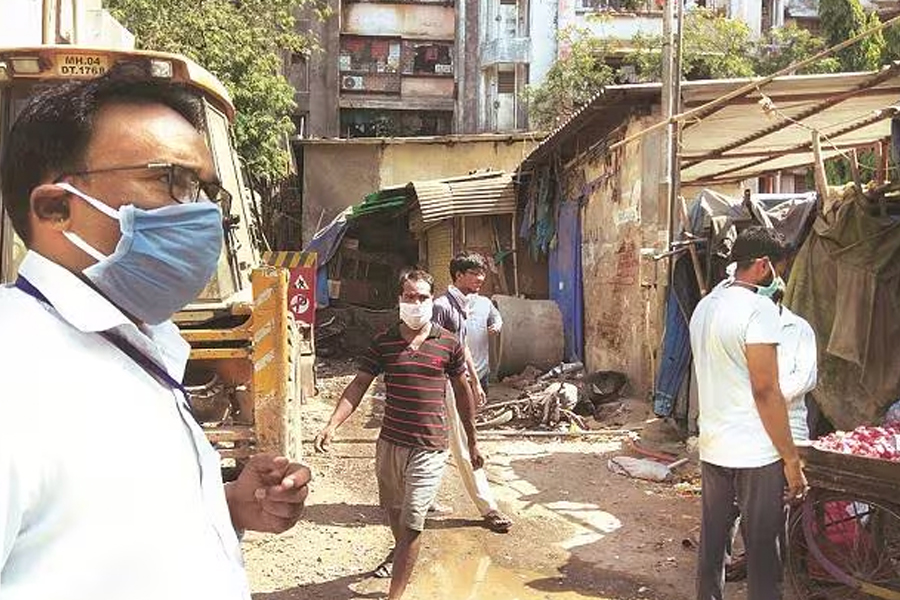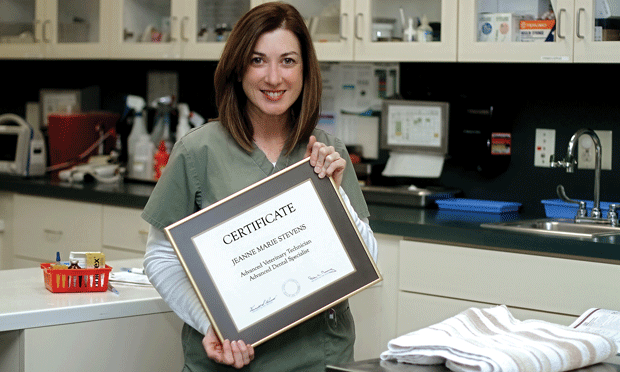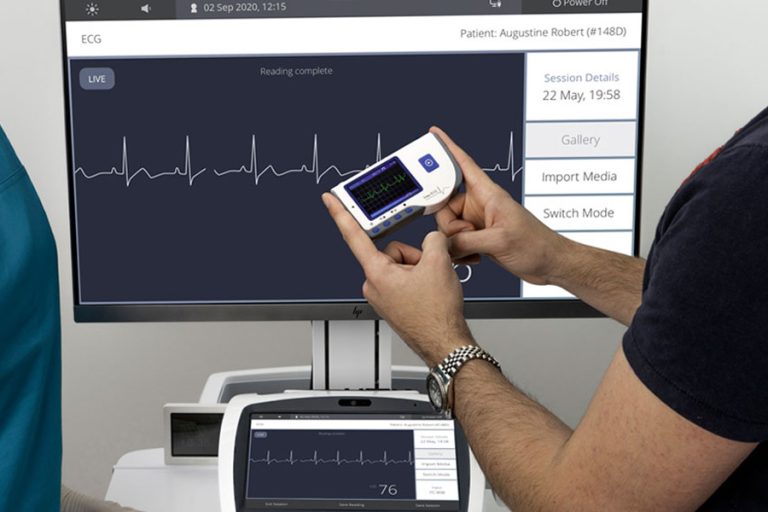
Within the Mumbai’s dynamic landscape, a city where the skyline shimmers impressive skyscrapers and streets bustle with persistent activity, beyond the glitz of the city lies a reality that is often hidden-the city’s underprivileged citizen’s health condition. Beneath the shiny exterior of the glitz and glamour, there exists a portion of the community struggling with countless health issues. Often aggravated by social and economic gaps, inequalities and less accessibility to healthcare resources. This article explores the health condition of underprivileged people in Mumbai through the eyes of data analytics, shedding light on the challenges they face and the opportunities for intervention.
The marginalized community of the city Mumbai faces a countless challenges of health originating from poverty, overcrowding, and inadequate sanitation. Infectious diseases such as tuberculosis, malaria, and dengue thrive in these conditions, while non-
communicable diseases like diabetes and hypertension also pose significant threats. Maternal and child health remain particularly vulnerable, with high rates of maternal mortality and malnutrition persisting despite advances in medical science.
The imbalance in the healthcare accessibility and standard among the city’s deprived portion of the community is a thought-provoking introspection of wider social and economic inequality. In neighborhoods teeming with small living areas and inadequate sanitary conditions, a variety of health issues extending from malnutrition and infectious diseases to chronic conditions such as, diabetes and hypertension are widespread. Lack of understanding and knowledge, combined with constrained accessibility to healthcare services, exacerbates the health issues of this underprivileged community.
In the endeavor to resolve these critical issues, data analysts has appeared as a powerful tool to comprehend, analyze and most importantly remedying the healthcare inequalities mainly afflicting marginalized community of the city Mumbai. Data analyst course offers a powerful means to analyze health data, identify patterns, and drive targeted interventions for improving underprivileged health. The data analytics with their expertise to reveal the hidden regularities, trends and connections amongst large datasets, helps to map out health issues of the underprivileged community on a large scale.
Innovative and advanced technologies such as mobile health applications and telemedicine platforms offer favorable paths for improving access to healthcare among underprivileged communities. These tools facilitate remote consultations, health education, and monitoring of vital health indicators, thereby filling the gap between patients and healthcare providers. Data generated through these platforms can further enrich health analytics and drive informed decision-making.
The professionals trained in data analytics play a crucial role in this process. Data analysts possess the skills to gather and purify the data, apply statistical methods to analyze it, and visualize findings effectively. Moreover, they can develop predictive models to forecast health trends and divide resources efficiently and effectively. As the demand for data-driven decision-making increases, the importance of data analysts in public health initiatives becomes increasingly evident.
Mumbai, a city well-known for its growing tech industry and creative eco-system, a continuous and growing demand for data analysts accelerate the rise of specialized courses designed to fulfill this need and demand. The Mumbai’s data analyst courses provide ambitious professionals with necessary skills, knowledge and expertise to harness data analytical methods for solving real-world challenges as well as those concerning to population health.
As data analytics becomes increasingly integrated into public health initiatives, bridging the gap between academia and practice becomes important. Collective efforts between academia, government agencies, and the private sector can facilitate knowledge
exchange and promote the adoption of data-driven approaches. Internship programs and research partnerships allow students get registered in data analytics courses to gain practical experience while contributing to meaningful projects.
The insights derived from data analytics have profound policy implications. By understanding the health needs of marginalized communities more comprehensively, policymakers can design targeted interventions that prioritize resource allocation and
service delivery. Moreover, data-driven policymaking promotes accountability and transparency, enabling stakeholders to track the impact of interventions over time.
With the help of detailed data gathering, interpretation, analysis, understanding and insights into the health condition of marginalized community of the Mumbai start to reveal. Through Epidemiological data we become able to understand predominant diseases and health conditions, making healthcare practitioners and policy makers able to formulate targeted approaches. Social and economic data discloses the primary factors of health, spotlights the field for socio-economic empowerment and population development initiative.
As the city Mumbai moving towards a future defined by inclusivity, equal opportunity and access to healthcare. In this area, the role of data analytics arises as crucial element in this revolutionary journey. By leveraging the potential of data for decision-
making, drive creativity and facilitate collective cooperation, we can create opportunities for healthier, more persistent city where every individual person without regard to socio-economic standing in the society has the opportunity to grow.
In conclusion, in the serpentine path-routes of the city Mumbai, a landscape rich with disparities between wealth and poverty, the health condition of marginalized community remains stirring testimony to the social and economic discrepancies. Despite these obstacles, a beacon of hope shines ahead-the transformative power of data analytics.
Through precise interpretation and analysis of data, complications of health discrepancies can be resolved, innovate strategic interventions and open the doors for healthier and a balanced future for all. As Mumbai offers courses for its development
and well-being, we should leverage the potential of data to enlighten the path in pursuit of good health and prosperity for every individual person in the society.
Mapping the health condition of underprivileged people in Mumbai is a complex yet essential endeavor. Data analytics offers a transformative approach for understanding and addressing health disparities, empowering stakeholders with actionable insights. By investing in data analytics training and leveraging technology-enabled solutions, we can open the doors for a healthier and more equitable future for all residents of Mumbai.
In the vibrant landscape of Mumbai’s public health, data analytics course in Mumbai have emerged as a light of hope, guiding us towards evidence-based solutions that prioritize the well-being of the most vulnerable among us. As we navigate the
complexities of urban health, let us embrace the power of data to drive positive change and build healthier communities for generations to come.
Business name: ExcelR- Data Science, Data Analytics, Business Analytics Course
Training Mumbai
Address: 304, 3rd Floor, Pratibha Building. Three Petrol pump, Lal Bahadur Shastri Rd,
opposite Manas Tower, Pakhdi, Thane West, Thane, Maharashtra 400602
Phone: 09108238354,
Email: enquiry@excelr.com







